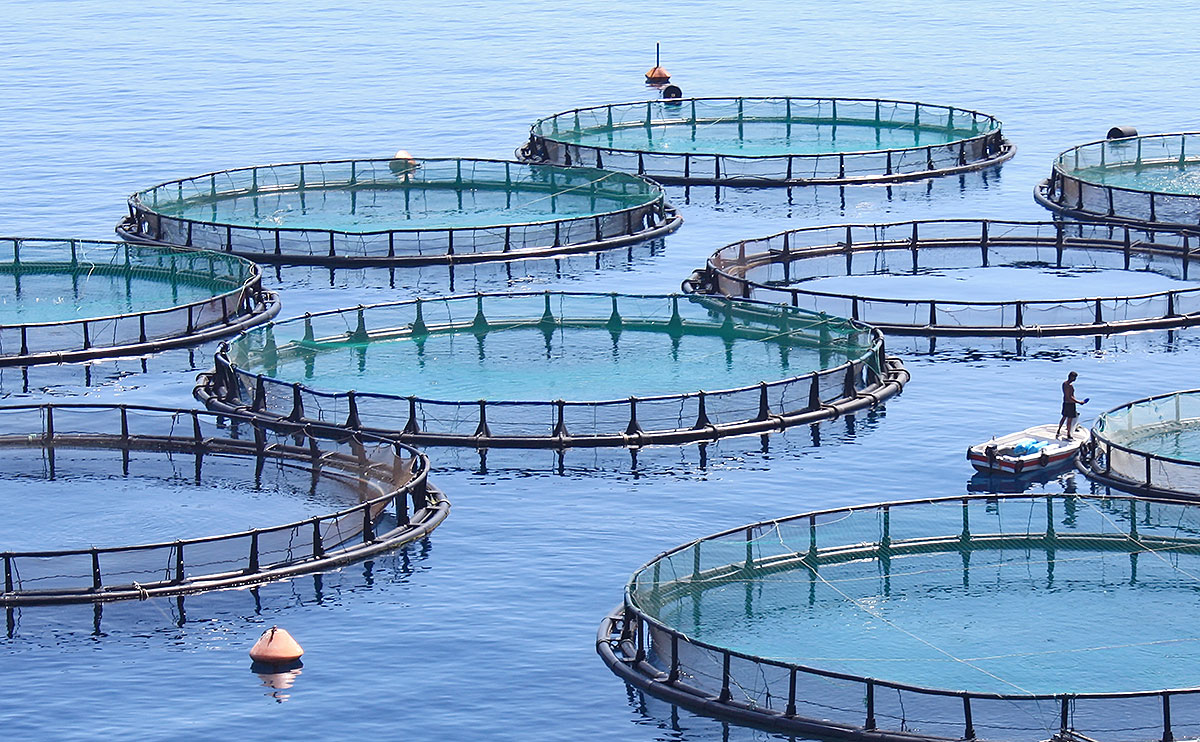
Team PlaXma
Karlsruhe Institute of Technology
Mery Hernandez Maya, Dr. Alexander Navarrete
PROVIDING CLEAN WATER TO AVOID SICKNESS: THE
KEY FOR QUALITY FISH FARMING.
Water quality is essential for all life – and even more so for fish in fish farms, i.e. aquaculture systems.
Have you ever wondered if the fish you eat had a healthy life? Poor water conditions are one of the
leading causes of disease in fish farming, resulting in significant economic losses – up to 9% of
revenues across the industry. While antibiotics have been widely used to treat sick fish, they come
with drawbacks such as respiratory stress in fish and growing concerns over resistance and residues.
Maintaining optimal water quality is therefore critical. Hydrogen peroxide (H₂O₂) has become the
treatment of choice for aquaculture, used for parasite and pathogen control, oxygenation, disinfection
of equipment and tanks, and general water treatment. However, today’s H₂O₂ solutions are inefficient
and outdated.
Currently, H₂O₂ is produced in large, centralized facilities and shipped in high concentrations. This not
only introduces serious safety risks in handling and storage but also drives up emissions due to fossil
based production and long-distance transport. For small and medium-sized fish farms, it is expensive,
inflexible, and often not available in the concentrations or volumes they need – when they need them.
Our Solution: PlaXma
PlaXma is transforming chemical manufacturing through on-site, electrified plasma-based systems
that are flexible in feedstock, reduce emissions, and improve both safety and cost. We produce
sustainable hydrogen peroxide on demand, using only plasma energy and water—eliminating the
need for hazardous logistics and enabling smart, site-specific water treatment. While our plasma
technology has broad applications across many industries, our initial focus is aquaculture, where
fresh, precisely dosed H₂O₂ can drastically improve fish health, reduce antibiotic use, and enhance
operational sustainability